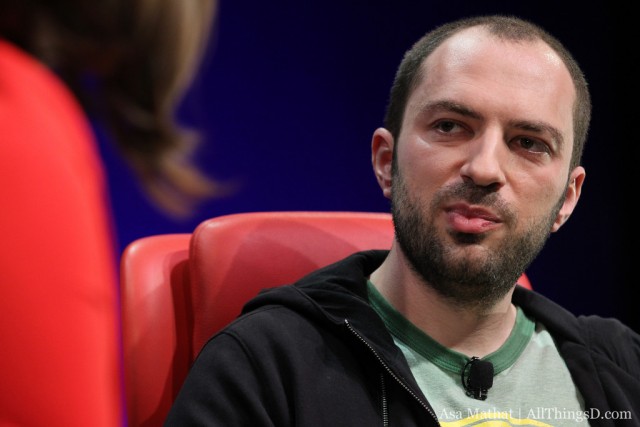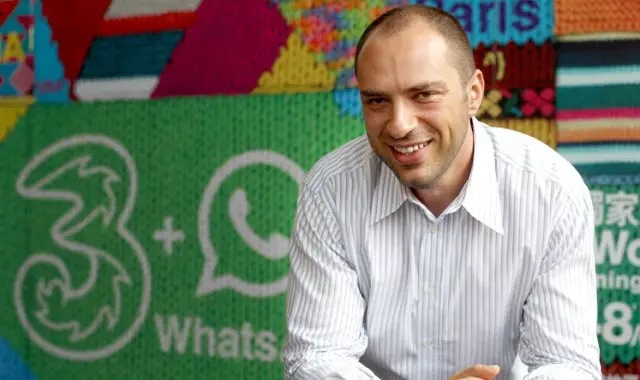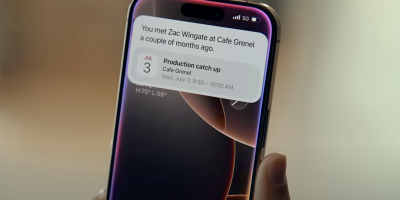When Facebook announced back in February that they’d be acquiring popular messaging service WhatsApp for $16 billion in cash and stock, there was a fair number of users worried about what this buyout would mean for their privacy. After all, Facebook have the best reputation when it comes to user privacy.
Earlier this month, 2 privacy advocate groups — The Electronic Privacy Information Center, and the Center for Digital Democracy — filed a formal complaint with the FTC, asking them to halt the sale of WhatsApp pending an investigation. The complaint argued that Facebook’s ever changing privacy policies would end up conflicting with WhatsApp’s strong pro-privacy stance. Facebook, on the other hand, maintained that the 2 companies would continue operating separately from one another (something mentioned in the original press release), with WhatsApp honoring commitments to privacy and security.
But it was last week that WhatsApp once again came under fire after an alleged “security flaw” was discovered in the app. The vulnerability made it possible for other malicious applications to read WhatsApp messages backed up to a user’s SD card (this was an option provided in the app). WhatsApp CEO Jan Koum shrugged off the security flaw, urging users to only download legitimate applications from the Google Play Store, while mentioning that his company essentially has no control over viruses and malware. Unfortunately for WhatsApp, privacy concerns continued to snowball around the net.
It’s this reason WhatsApp is once again addressing these concerns with a post made on their company blog today to “set the record straight,” once and for all. CEO Jan Koum provides users with insight on exactly what made him such a privacy nut, giving his own personal account of his life in USSR, specifically about how he and his mother were forced to restrict phone conversations over fears of KGB eavesdropping. It’s because of this, Koum says, he moved to the US in the first place, and the reason why privacy is “coded into” WhatsApp’s DNA.
When it comes to data collection, he goes onto to note how WhatsApp really knows very little about the millions of users who’ve downloaded the app. Unlike a host of other applications found in app markets across iOS, Android, and Windows Phone, WhatsApp doesn’t require names or email addresses, has no idea where you live, what you “like,” and/or what you’re searching for on the internet. It’s a valid point, and one Koum says he has no plans on changing.
In fact, if joining up with Facebook meant WhatsApp would have to compromise its privacy policy in any way (or make any changes to their values), Koum assures users that he simply wouldn’t have taken the deal in the first place. It’s these fundamentals Koum attributes to WhatsApp’s success, and the reasons why he says so many users have chosen the messaging service over the vast amount of other options available.













I’d say ANYTHING if I was being paid billions of dollars.
Us joining the CIA. . .erm . . . Facebook, is no threat to your privacy. You made your bed. Go to sleep.
Tired of people worried about Facebook and privacy. YOU put the information on Facebook that people see or dont see. If people were really interested in privacy as they claim, they wouldnt be on Facebook at all.
WRONG. It is not just you that puts information about you on facebook. Your friends can put that information there too. Upload photos, write about you, etc. Sometimes NOT being on facebook gives you even less control than being there.
AND you can put something there today, under one privacy policy, but that doesn’t mean you’ll still have control tomorrow when they change it on you. It’s like saying it is your own choice if you start smoling, then the world discovers the cigarette companies have be covering up for years it is addictive AND causes cancer.
Well then I guess I must be Batman.
telegram app is million times better
No way, Facebook, I will not sell you my company unless you adhere to my
strict privacy standards. I want your promise in writing that after
you will code and then, I mean, assert that users my have and… ummm.
I’m sorry, how many Billion did you say? This is US currency, right?
What were we talking about again? The pen? Yes, of course I’ll sign
whatever you want. I’m a man of principal and honour after all.